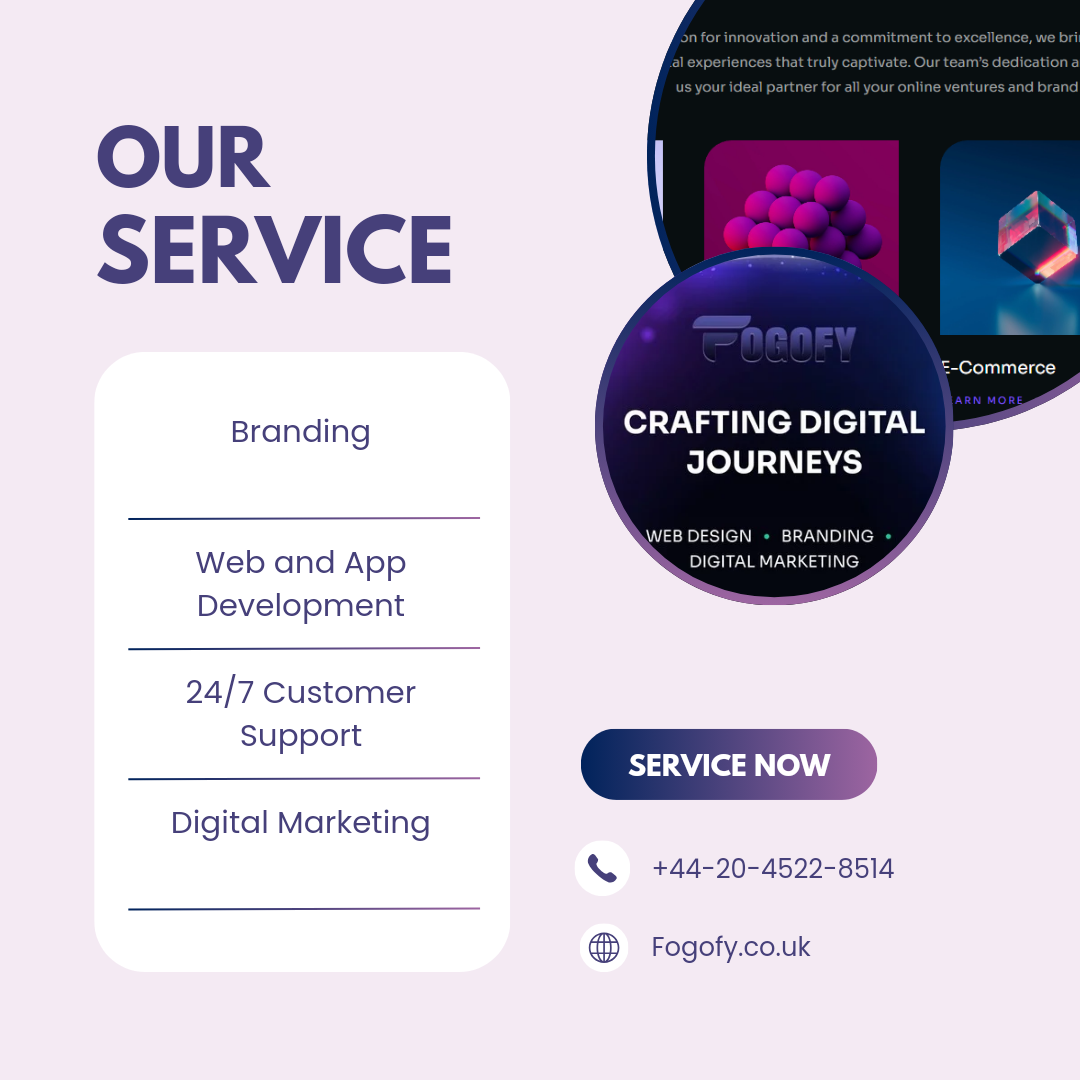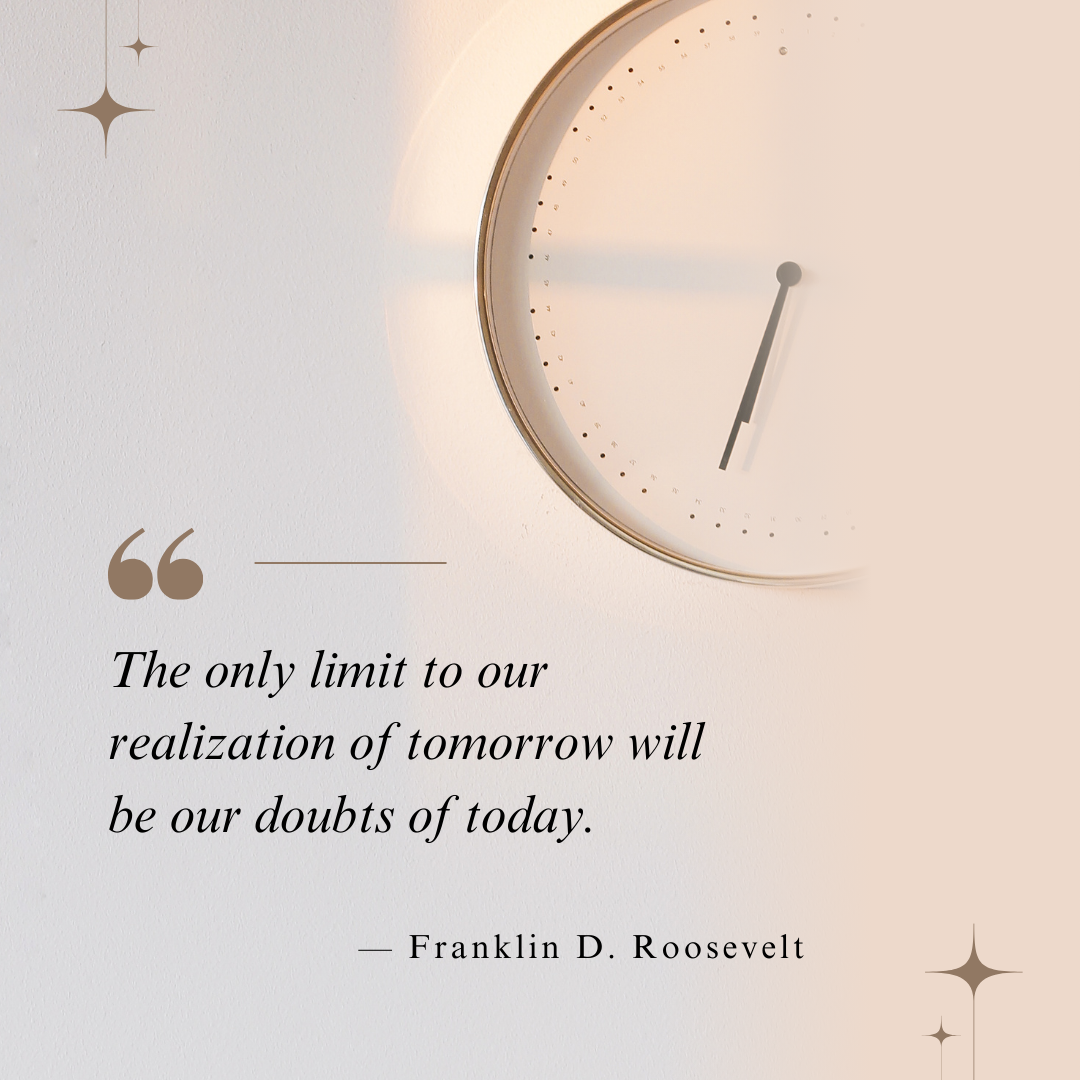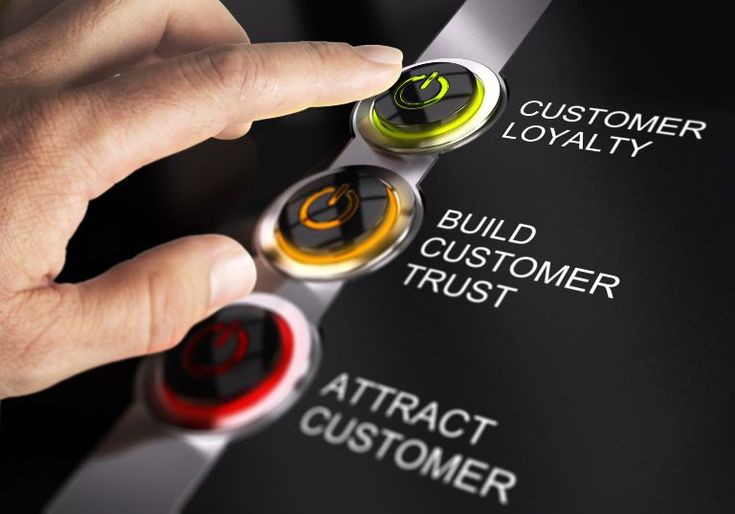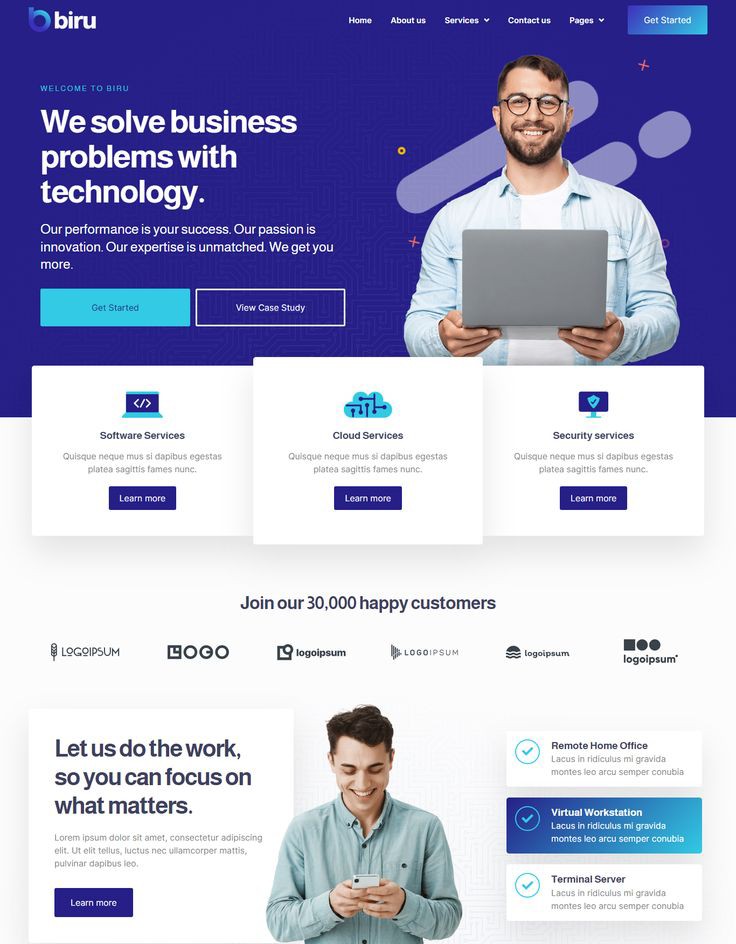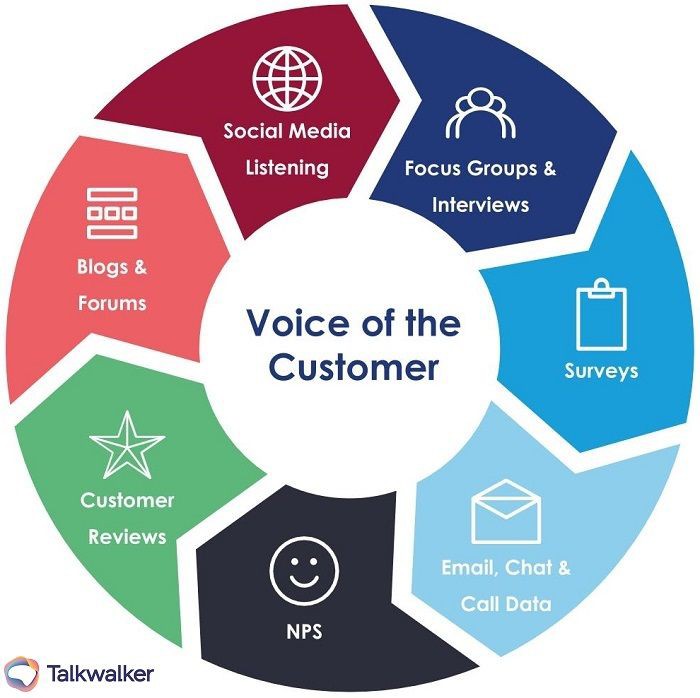Imagine this: You’re searching for a service or product and the first thing you do is pull out your phone or laptop, right? You type the business name into a search engine, but there’s no website to be found. What’s your immediate reaction? Likely, you move on to a competitor who does have a website. In today’s digital age, not having an online presence is like being invisible to the majority of your potential customers.
In today’s fast-paced world, consumers heavily rely on the internet to research, compare, and make purchasing decisions. Not having a website not only makes your business difficult to find, but it also puts you at a significant disadvantage, lagging behind competitors who are ready and waiting to capture digital leads. Let us look at why having a website is essential for remaining competitive.

Lack of Online Presence Means Missed Opportunities
One of the most significant reasons for falling behind is a lack of website visibility. Customers today begin their search online. They expect to find you there, whether they are looking for a product or a service. Without a website, you will miss out on the opportunity to participate in that discussion.
Competitors with websites are capturing the attention of potential customers who are actively searching for solutions. If you are not visible online, potential customers will not know you exist. It is like trying to run a race without showing up at the start line.
Building Trust and Credibility
Having a website is not just about being found—it’s about building trust. Consumers expect legitimate businesses to have an online presence, and a well-designed website serves as proof that you’re professional and credible. When a potential customer can’t find a website for your business, they may question whether you’re trustworthy or established.
Competitors who have invested in a solid, user-friendly website are naturally going to come across as more reliable and trustworthy. Without a website, you lose that trust factor before the conversation even begins.
A Missed Opportunity for 24/7 Access
A major benefit of having a website is that it works for you around the clock. While your physical storefront might have business hours, your website is always open, allowing customers to browse your products or services whenever it’s convenient for them. Competitors with websites are capturing leads and sales even while you’re closed.
Not having a website means your business is essentially “closed” to potential customers when you’re not physically available. This puts you behind competitors who are leveraging their websites to stay available and accessible at all times.
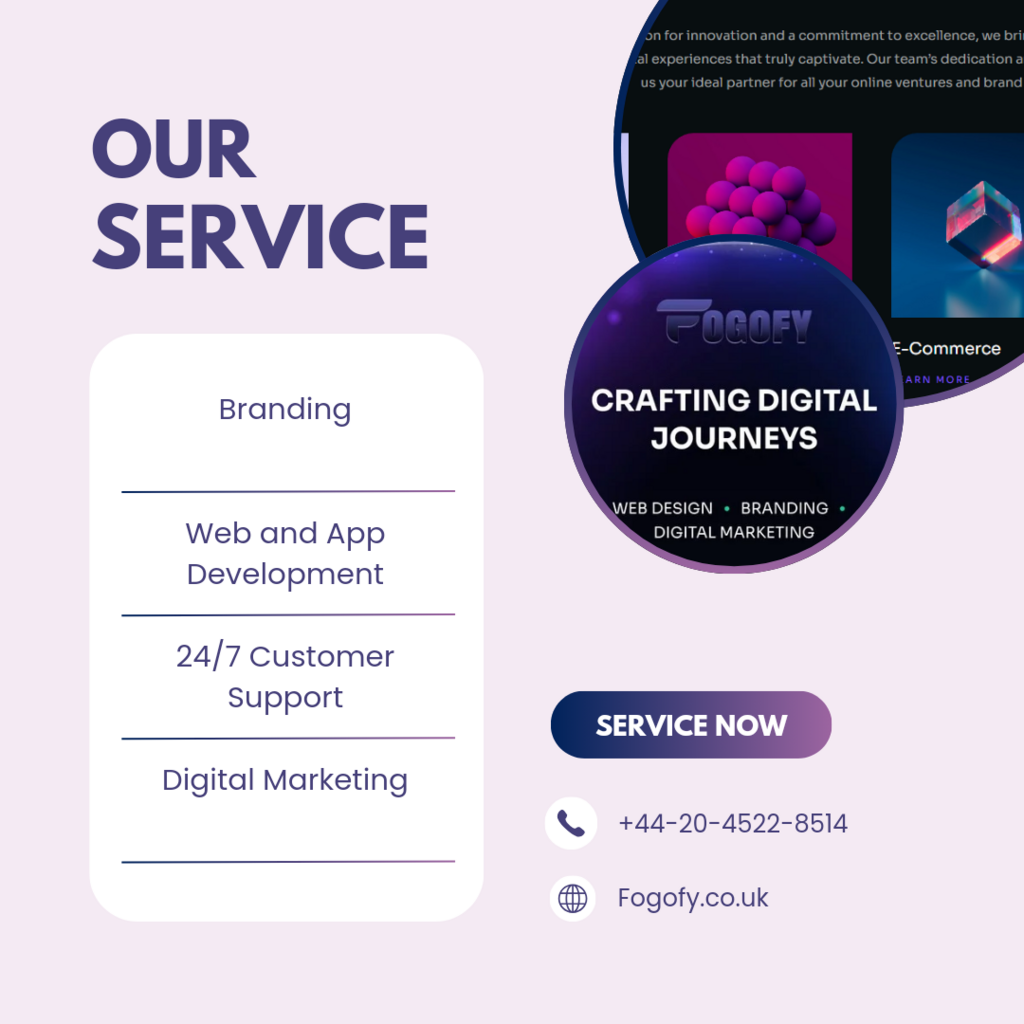
Losing Out on Local and Global Reach
Gone are the days when a business could rely solely on foot traffic or word of mouth. With a website, your reach expands far beyond the local area—you have the potential to attract customers from around the world.
Without a website, your customer base is limited to those who already know about you. Competitors with websites can reach a broader audience, including people who are actively searching for what you offer, even if they’re not in your immediate area.
Competitors Dominate the Search Engines
Search engine optimization (SEO) is a game-changer for businesses with a website. Competitors who have invested in SEO-friendly websites are showing up in search engine results when potential customers look for products or services related to their industry.
If you’re not playing the SEO game, you’re not even on the field. Without a website, you’re missing out on one of the most powerful tools to drive traffic to your business. Your competitors, however, are dominating those search results and capturing the leads you’re missing.
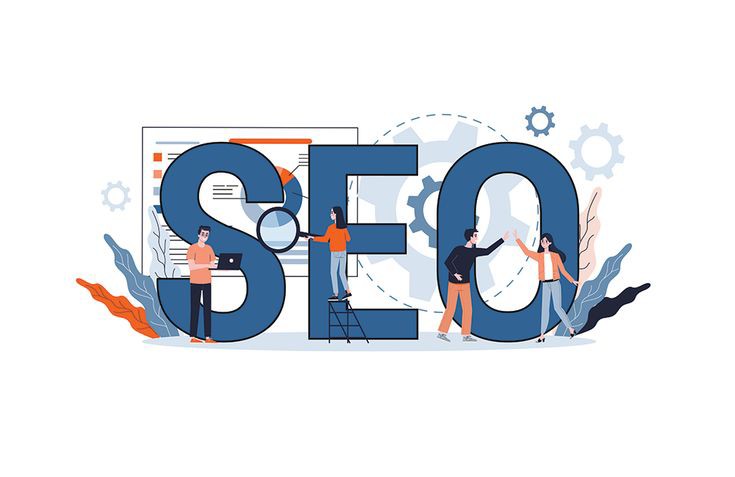
Lack of Control Over Your Brand’s Narrative
Your website is the platform where you control your brand’s story. It’s the place where you can showcase your values, mission, and unique selling points, directly communicating with your audience. Without a website, you’re giving up control of your brand’s narrative. You’re left to rely on third-party reviews or word-of-mouth, which may not always accurately reflect your business.
Competitors with websites can curate the exact message they want their customers to receive, helping to build a stronger, more cohesive brand identity. Without a website, you’re missing the opportunity to shape how your business is perceived.
Missing Out on Valuable Customer Data
Websites not only bring in customers—they give you data. Analytics tools can show you who’s visiting your site, how they found you, and what they’re interested in. This data is gold for improving your business strategies. Competitors with websites are gathering insights and adjusting their marketing efforts based on customer behavior.
Without a website, you’re in the dark when it comes to understanding your audience’s needs and preferences. You’re essentially flying blind while competitors are using data to sharpen their strategies and get ahead.
No Central Hub for Marketing Campaigns
Your website is the hub for all your digital marketing efforts. Whether you’re running social media ads, email marketing, or even offline campaigns, everything points back to your website where customers can learn more and take action. Without a website, your marketing efforts are fragmented and less effective.
Competitors who have a well-integrated website can funnel traffic from multiple channels into one central place, leading to more conversions and sales. Without this hub, your marketing campaigns lose cohesion and impact.
Conclusion: Don’t Get Left Behind
In today’s digital world, not having a website is one of the biggest disadvantages a business can face. From missed opportunities and lack of visibility to losing credibility and valuable customer data, the list of drawbacks is long. While your competitors are leveraging their websites to drive sales, build trust, and expand their reach, you risk being left behind in the dust.
A website is more than just a digital storefront—it’s a vital tool that can help you stay competitive, build relationships with customers, and drive business growth. In short, if you want to stay ahead of the game, having a website isn’t just important—it’s essential.
FAQs

- Is it expensive to create a website?
Not necessarily. There are affordable website-building platforms that allow you to create a professional site without breaking the bank. - What if my business operates locally?
Even for local businesses, a website is crucial. Customers often search online for local services, and a website helps them find you easily. - Can a social media page replace a website?
Social media is important, but it’s not a substitute for a website. Your website gives you full control over your brand, while social media platforms have their limitations. - How can I get started with a website?
You can start by choosing a domain name, finding a website builder or hiring a designer, and creating content that showcases your business. - What kind of information should be on my website?
Include essential information like your services, contact details, client testimonials, and any other content that provides value to your visitors.
